
Salar Pashtoonyar’s short film, Bad Omen, is not a horror film but presents a horrific situation. Pari (Fereshta Afshar) is a widow raising two young children. She makes a living as an in-house seamstress, but her deteriorating eyesight is making her job difficult.
Pari is rushing to finish sewing a wedding dress that must be delivered the next day if she wants to get paid and keep her job. Unfortunately, because of her eyesight, she is unable to thread the needle on her sewing machine.
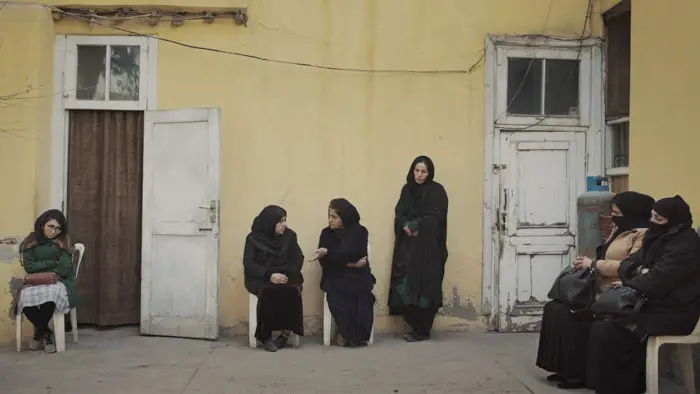
“…because of her eyesight, she is unable to thread the needle on her sewing machine.”
As Pari goes into town to purchase a pair of prescription glasses, we learn the plight of widows in Afghanistan. Widows can only get work as laborers. They are treated as second-class citizens, as the optometrist is unwilling to take partial payment for her glasses. In addition, she’s unable to receive government assistance for her husband’s death as a bystander in a skirmish with the Taliban as processing her case is in a state of perpetual delay with dozens of other widows’ cases in front of her.
The film’s title, Bad Omen, comes into play when Pari seeks help from a relative, who asks that she leaves because widows are bad luck, and he does not want Pari to bring bad luck to his daughter’s impending marriage proposal.
Bad Omen is an issue-based film. Salar Pashtoonyar weaves a power tale, dramatizing the treatment of widows (all women) who are cast aside as useless because they have no husbands. It brings awareness to how life is in Afghanistan. Unfortunately, like many issues-based short, there is no action step. It’s just the way it is.
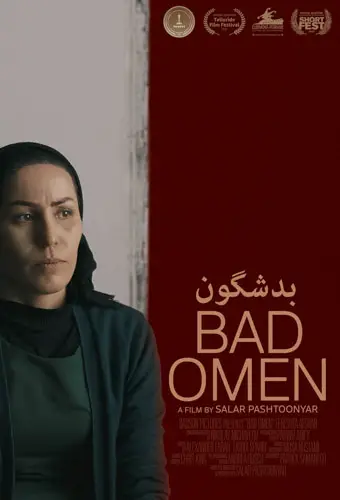
"…we learn the plight of widows in Afghanistan."
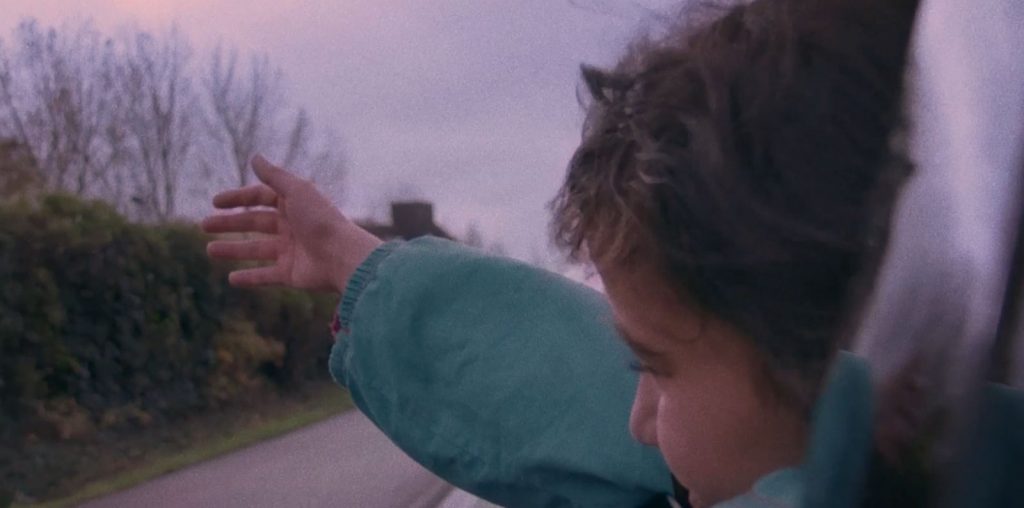
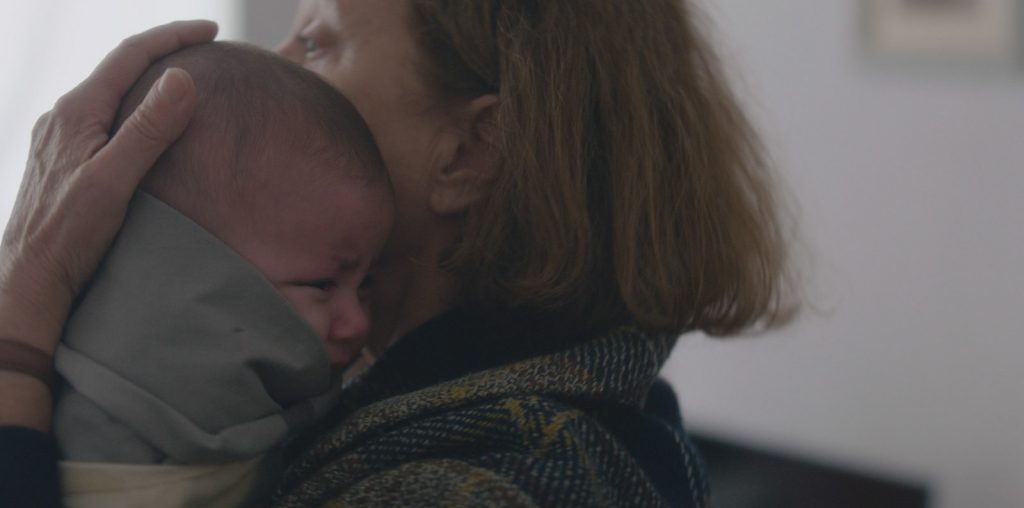
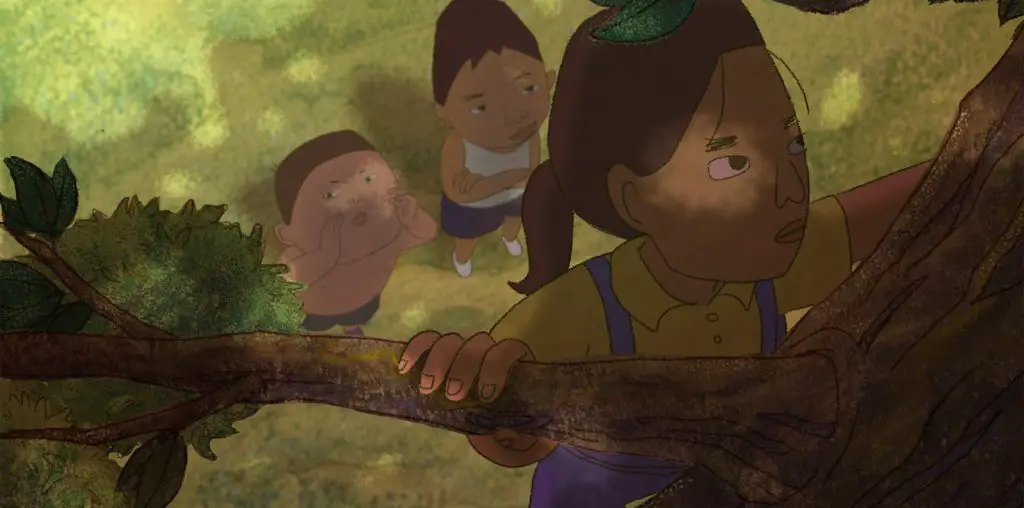
thanks alot of information